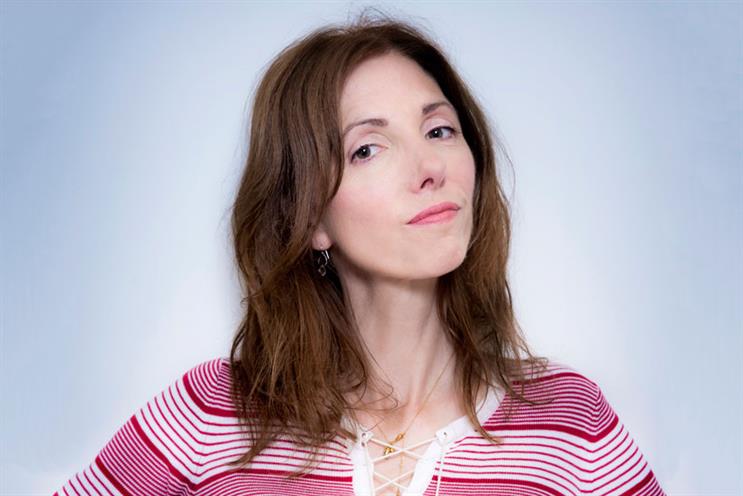"I'd rather give up and get out of this whole industry, the industry I love, than work for Martin Sorrell."
As it happens, this is a quote from an executive creative director who does actually work for Sorrell. They just don’t see it that way. The ECD works for an agency that’s owned by WPP, but it’s an agency with – for now – its own culture and identity and sense of purpose; WPP is a distant shadow.
The ECD loves the agency they work for. The ECD stays up late thinking of ways to do great work, they sacrifice weekends, they care to their core about doing the best possible job for their team, their agency.
The ECD does not want to work for an enormous, amorphous conglomerate. They don’t want to be a small cog in a large-scale process, "throwing fragile ideas into a big furnace". They want to work for a company with a culture they can affect, where they can make a tangible difference, feel proud to belong.
But the primacy of individual agency brands within holding companies is coming under intense scrutiny. Earlier this month Sorrell admitted WPP had had "a not pretty year", and promised to "up the pace" of the holding company’s evolution into a "cohesive global team dedicated to the core purpose of driving growth for clients".
Meanwhile, over at rival Publicis Groupe UK, Fallon and Leo Burnett have already been harnessed together and are now set to move in next door to Saatchi & Saatchi to "enable more seamless collaboration and access to the best talent for both our clients and people". Publicis’ planned AI-powered Marcel intranet will make talent easier to access across agency brands, and Nick Law has recently been recruited from R/GA to develop "a unified creative ethos" across Groupe agencies.
You’ll know that this industry-wide nudge towards collaboration, integration and consolidation is being driven by brutal cuts by the biggest advertisers, and Sorrell has been painfully clear that "the traditional creative business is where the pressure is".
But that’s not because marketers don’t want creativity. In fact, they say high-end creativity is what they value most and are least likely or able to take in-house. Procter & Gamble’s chief brand officer, Marc Pritchard, said this month: "We want and need brilliant creatives, and we will invest in creative talent." It’s the rest of the agency costs (excess management, buildings) they don’t want to pay for.
Yet as we know big agencies have pretty much failed to find a viable model for charging for creativity, increasingly packaging it as a commodity and undermining its primacy. What a mess.
The old idea of large, account-department heavy creative agency networks with plenty of flags on the world map is becoming untenable, even more so when you’ve got three or four of them in many countries. So a degree of consolidation is inevitable and the big groups are looking at new ways to deploy their best creative talent to the right projects, regardless of not only which particular agency brand that talent is employed by but where it’s based.
Our ECD won’t find themselves reassigned to a centralised WPP creative department any time very soon, but there’s no doubt that the edges are being rubbed off many previously proud and richly distinct creative agency brands as talented people are required to become more fluid.
But the more you think this way, the more "talent" begins to sound less like a collection of highly individual, brilliantly skilled people and more like rolling stock. Agency cultures (which actually often owe rather a lot to the excess management, buildings and so on) become systematically eroded, and the very things that engender real loyalty and passion from that pool of talent begin to evaporate. Then they give up and get out.
Claire Beale is the global editor-in-chief of 北京赛车pk10.



